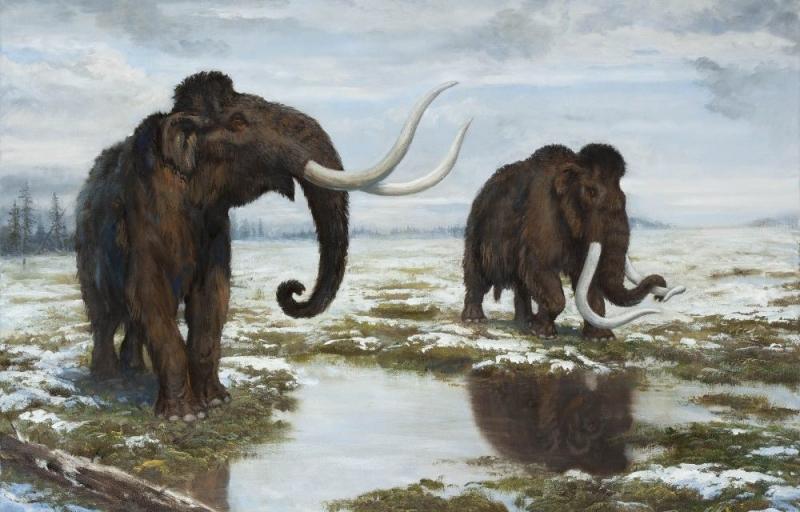
Prehistory refers to the period of time before written records were kept and documented. It is a vast span of time that covers millions of years, starting with the emergence of early humans and ending with the invention of writing systems. During this time, humans lived as hunter-gatherers, relying on their environment for survival. They developed tools and weapons made from stone, bone, and wood to aid in hunting and gathering food. Prehistoric societies were nomadic, moving from place to place in search of resources.
The study of prehistory is based on archaeological evidence such as artifacts, fossils, and other physical remains. This evidence provides insight into how early humans lived, their social structures, beliefs, and cultural practices. It also helps us understand the development of human evolution and how our ancestors adapted to changing environments.
Prehistoric times saw significant advancements in human development, including the use of fire for cooking and warmth, the development of language and communication systems, and the creation of art. These developments laid the foundation for future civilizations.
The end of prehistory is marked by the emergence of written records in different parts of the world. This marked a significant shift in human history as it allowed for information to be recorded and passed down through generations.





